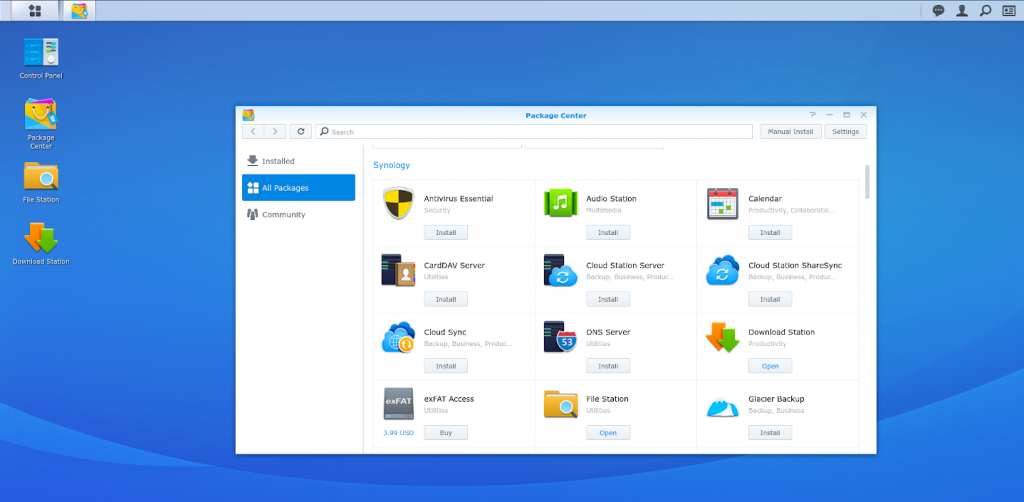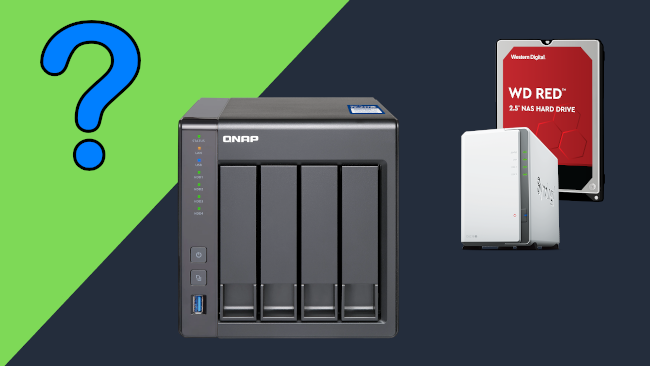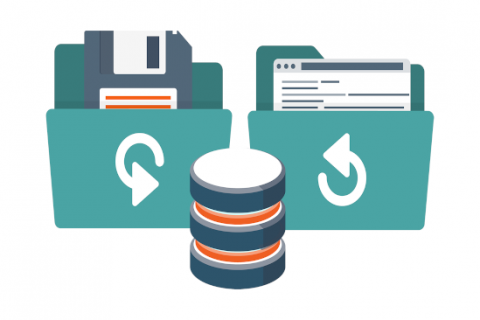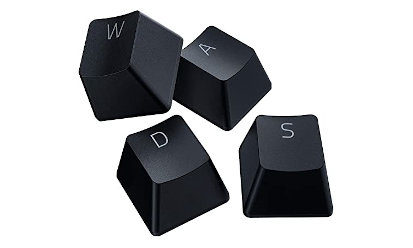Most people think of their home network as being the router they got from their ISP, their computer and a couple of mobile devices.
While that’s technically true, no home network worth its salt is complete without a shared storage solution. And the best gadget for this is a Network Attached Storage (NAS).
Network Attached Storage, as the name implies, is a server that makes storage available on a network.
If you’re new to the term NAS, they’re basically hard drives that connect directly to your router rather than one of your computers. This has several advantages compared to the local hard drive you might have installed inside your laptop or desktop.
While the below is not an exhaustive list of the benefits of a NAS in your home network and while there are other ways to perform almost all the functions of a NAS, these are the main reasons people should consider adding a NAS to their home network.
◉ Increase your storage
A NAS drive is the simplest way to increase the storage space available to you. While more expensive than, say adding a new hard drive to your computer you have the benefit of making the increased storage available to all the devices on your network and not only to 1 computer as a new hard drive. You can also purchase a multi bay NAS and add additional hard drives as you need.
◉ Data Backup
In a previous post we discussed the significance of always having your most important data backed up. With the increased storage, as explained above, offered by a NAS you can keep a copy of all your important data on the NAS and avoid any unpleasant scenarios such as a computer being infected by malware or worse a disk failure.
In addition, many NAS drives come with RAID options built-in, which means you can duplicate data across multiple drives rather than just one—and that in turn means if one drive in your NAS fails, you’ve already got an exact copy safe and waiting.
Advanced Users can refer to this video about backing up your data to a Synology NAS.
◉ Access Data Remotely
The major brands, such as Synology and QNAP offer NAS drives that have the option to set up remote access, which means you can get at your important files from anywhere in the world, without having to leave a computer running all the time or deal with setting up remote access software or VPNs.

It is also quite simple to enable these features. Typically, this involves a few minutes of setup on the NAS end and then logging in with a username and password in a simple web interface that works in your browser or a dedicated mobile app usually offered for Android and iOS.
Note: You may need to manually set up port forwarding to enable access to your NAS outside the network if your router does not support automatic configuration from the NAS.
◉ Share Files Easily
Having a centralised storage in your home network for movies, songs, photos, and games is one of the most significant advantages of a NAS. If you spent a lot of time building your media collection and you have movies on your computer upstairs, but your TV is in the room downstairs then you must manually transfer these files every time you want to watch/listen to something. A NAS makes it easy to access those files from any other computer in the house, including the Xbox One attached to your TV.
Small businesses and offices will benefit from multiple people being able to manage, store, version, and backup files from a single location instead of spreading out across all the machines in the office.
◉ Plugins & Applications
A NAS from Synology and QNAP (others as well) come with their own simple Operating System. This Operating System can be enhanced by installing various plugins or applications which offer additional functions to your NAS.

Most popular plugins/applications include:
— Standalone Torrent clients to enable the download of torrent files without the use of a computer simply by using the NAS interface or the corresponding NAS mobile application;
— Plex Media Server software which converts your media library on your NAS to your own personal Netflix which can be accessible from anywhere;
— Personal web hosting for setting up your own WordPress site;
— Personal email server;
— DVR function for your IP security cameras.
While there are many models and prices for a NAS I would recommend one of the most popular brands such as Synology or QNAP. If you are a beginner I would also recommend starting off with a basic model (2 or 4 hard drives) to keep costs down and upgrade in the future should you need to.



